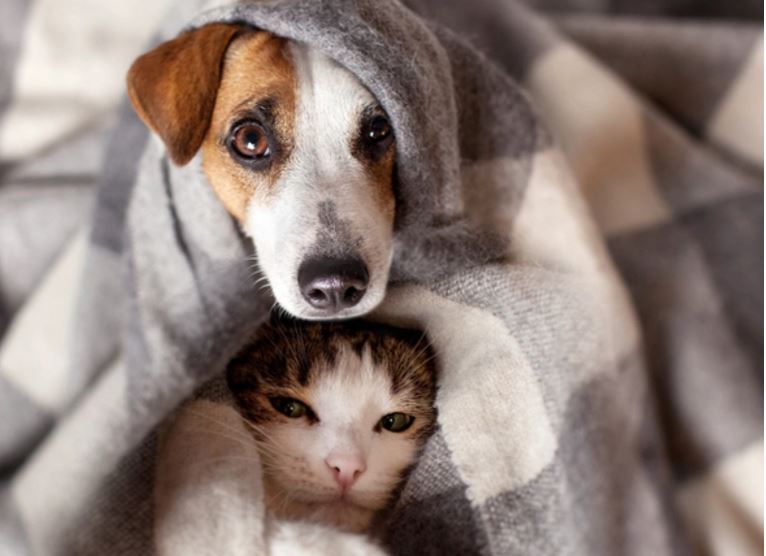
The anti-vaccine movement has long been a thorn in the medical community’s field as the spread of anti-vaccine sentiment threatens to increase the rate of deadly diseases. But now, animal rights activists are also stepping in as some ‘anti-vaxxers’ know argue that you shouldn’t vaccinate your pet.
Many are comparing the trend to animal abuse some veterinarians have said that people who do not vaccinate their pets should not be allowed to keep them.
Dr. Sam Kovac of Southern Cross clinic told the Daily Telegraph, “I don’t think they deserve the privilege of having animals as pets — absolutely not.”
The pet anti-vaxxers believe that vaccines can cause autism in their dogs, and they are often duped by information they see on YouTube or Facebook.
Three clinics in Sydney offer holistic treatments to dogs and use herbal remedies to treat parvovirus instead of getting a vaccination. A vaccination costs less than $100, while treatment at the holistic centers can run up to thousands of dollars.
Left untreated, parvovirus has a 100% kill rate in dogs, and leaving your dog unvaccinated can be extremely dangerous.
“There is no holistic alternative to the vaccine … they’re not only exposing their pet to a horrible demise but through their own negligence they are a risk to others in the community,” added Dr. Kovac.
Anti-vaxxers claims are often unfounded and multiple animal rights groups in different countries have had to dispel rumors that dogs can get autism.
According to the World Health Organization, “vaccine hesitancy” is one of the 10 biggest threats to global health. Diseases previously wiped off the map have begun to resurface and there has been a 30% increase in measles cases.
Lorena Castillo of PETSPRING commented, “we see that people clearly care about taking care of their pets, but some people are tricked by people online with fake information. Increasing education efforts and making sure pet owners have access to good information and helpful products is a necessary solution to fighting back against this sad trend.”
Others have joined in the criticism of pet anti-vaxxers and there is a growing movement to increase education and awareness campaigns about the necessity of vaccinations.
Some horse owners in Australia have also expressed uncertainty about getting their animals vaccinated against deadly diseases. Some owners have refused to get their horse vaccinated against the Hendra virus which has caused concern in the equestrian community.
Animal rights activists took to the streets in Melbourne this week to bring attention to the plight of many animals in Australia. They focused on increasing knowledge about veganism and were clearly against factory farming.
Equal attention will need to be drawn to the anti-vax movement to protect Australia’s pets against the spread of misinformation and deadly diseases. Many in the animal rights and veterinarian community are calling for increasing money into education and vaccine awareness.
Dr. Kovac and others will be hoping by speaking out that they will be able to stop pets and owners from getting exposed to unnecessary deadly diseases.
Until robotic pets can replace real ones, Australia will need to better protect their animals and ensure the pet anti-vax movement stops in its tracks.

